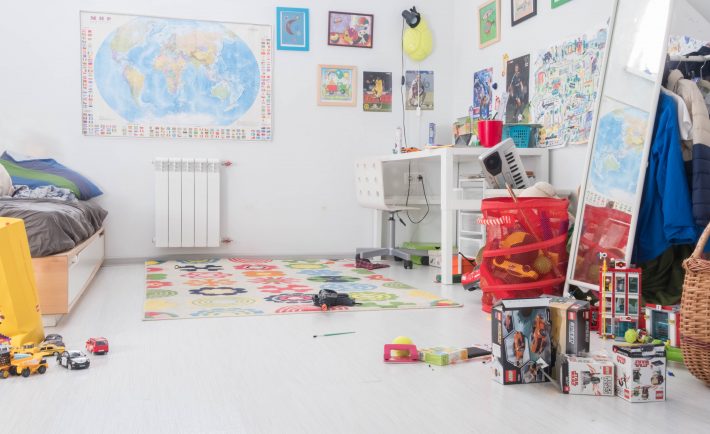As parents, we know that sometimes our kids give us the “I don’t know” answer when we ask them a question.
This can be annoying, especially when we need a reliable answer for something. But what can we do to get past this roadblock and get the information we need? There are a few different strategies we can try.
In this post, we will explore these strategies in detail and talk about how to use them effectively.
This is a pretty normal answer for kids
You might be surprised to hear this, but “I don’t know” is a pretty normal answer for kids. Most of the time, they honestly don’t have an answer for you. But that doesn’t mean you should just give up and move on. You need to find a way to help them overcome that feeling of not knowing and aid them to find an answer.
We know it can be frustrating for parents
It can be frustrating for parents when they’re trying to get information from their kids and the only answer they keep getting is “I don’t know.” It feels like you’re not being heard, and you start to feel like you’re not getting through to your child. But don’t worry, and stay calm. Yelling or raising your voice isn’t going to get you anywhere. In fact, it might just make your child clam up more.
A few strategies that parents can use when faced with “I don’t know”

Image Credits: scholastic.com
- Offer MCQs
Offering MCQs give them a chance to think about the question a little more, and it also helps them to feel like they’re contributing to the conversation in little steps.
- Ask open-ended questions
If your child keeps giving you that template response, try another strategy: asking open-ended questions. For example, you could ask “What do you think might happen?” or “What are some possible solutions?” This will help get your child thinking and generate some answers.
You can also try to phrase the questions in a way that doesn’t put your child on the spot. For instance, instead of asking “How was your day?” try asking “What were some of the things you did today?” or “What was your favorite part of today?”
If your child is still having trouble answering, try to rephrase the question differently. And if all else fails, you can always offer a simple prompt like “Start with the beginning” or “Tell me what you did during break time.”
Sometimes it takes a little longer for kids to process information and come up with a solution. Keep asking and guiding them until they come up with something.
As challenging as it may be, getting your child to give you a straight answer can be tricky. But that doesn’t mean that you should give up. There are a few different strategies that you can try: start with easier questions and work your way up. Another approach is to praise your child when they give you an elaborate answer. Finally, have hope. Just because they don’t answer your questions right away doesn’t mean that they won’t ever learn how to do it correctly. Be patient and keep trying various methods until you find one that works.











